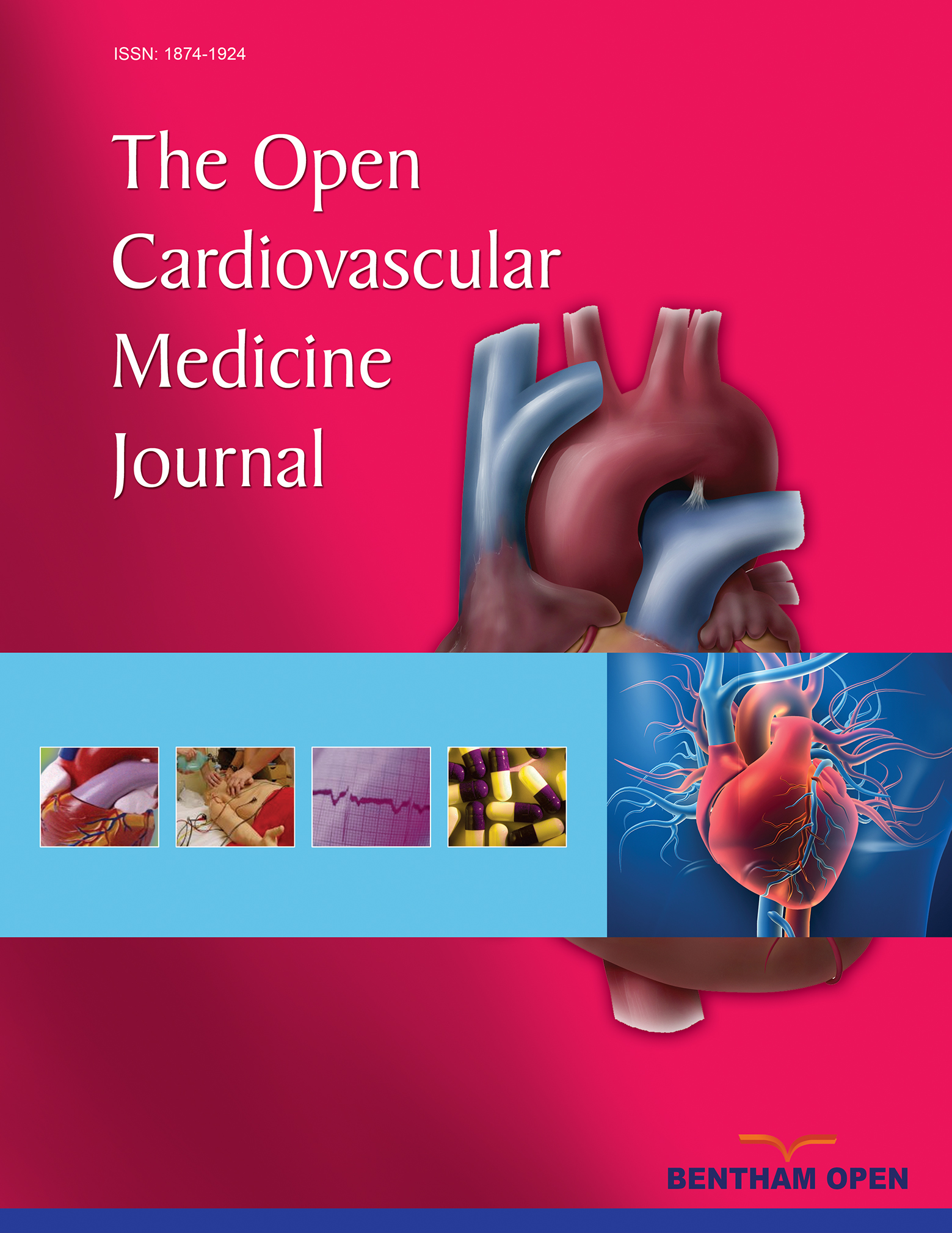All published articles of this journal are available on ScienceDirect.
Diltiazem: A Reversible Cause of Atrioventricular Block – Until Proven Otherwise
Drugs are considered a common reversible cause of rhythm conduction disorders. Atrio-ventricular (AV) block occurs more commonly following β-blocker or digitalis administration, but calcium channel blockers have also been linked to AV block [1,2] The cornerstone of management in drug-related AV block is to determine whether the AV block is truly reversible upon withdrawal of the culprit drug, hence implantation of a permanent pacemaker can be avoided.
Brenes and colleagues report an interesting case of complete AV block in an elderly patient who received diltiazem [3]. The patient’s deteriorating renal function and his advanced age were considered as possible precipitating factors of diltiazem-induced AV conduction abnormality. The AV block resolved following intravenous calcium administration. While the temporal sequence of drug interruption, calcium administration, and sinus rhythm restoration in this case3 indeed strongly suggests a cause-and-effect relation between diltiazem and AV block, some caution is still required. Previous evidence from large case series indicates that the majority of patients for whom drug discontinuation leads to resolution of AV block have recurrence of AV block in the absence of therapy [4,5]. Conversely, drug discontinuation is followed by resolution of AV block in 41% of cases, but spontaneous improvement of AV conduction also occurs in 23% of patients who have AV block in the absence of drugs [4], suggesting that resolution of AV block upon drug interruption does not necessarily prove that the AV block represents an exclusively adverse drug effect of the AV blocker. In fact, it has been reported that AV block is truly caused by drugs in only 15% of patients with 2nd 3rd degree AV block during therapy with beta-blockers, verapamil or diltiazem.6 In most patients receiving AV blockers, AV block may actually be triggered due to underlying AV conduction disease [6]. As a consequence of the high risk of AV block recurrence despite the discontinuation of the suspected culprit drug, about half of patients who receive AV blockers and develop AV block ultimately require implantation of a permanent pacemaker [6].
In conclusion, in patients receiving drugs that affect AV conduction AV block is very likely to be merely drug-related rather than truly drug-induced. Therefore, AV blocking drugs should be considered as reversible causes of benign, intermittent AV block, but only until proven otherwise.
CONFLICT OF INTEREST
The authors confirm that this article content has no conflicts of interest.
ACKNOWLEDGEMENTS
None declared.


